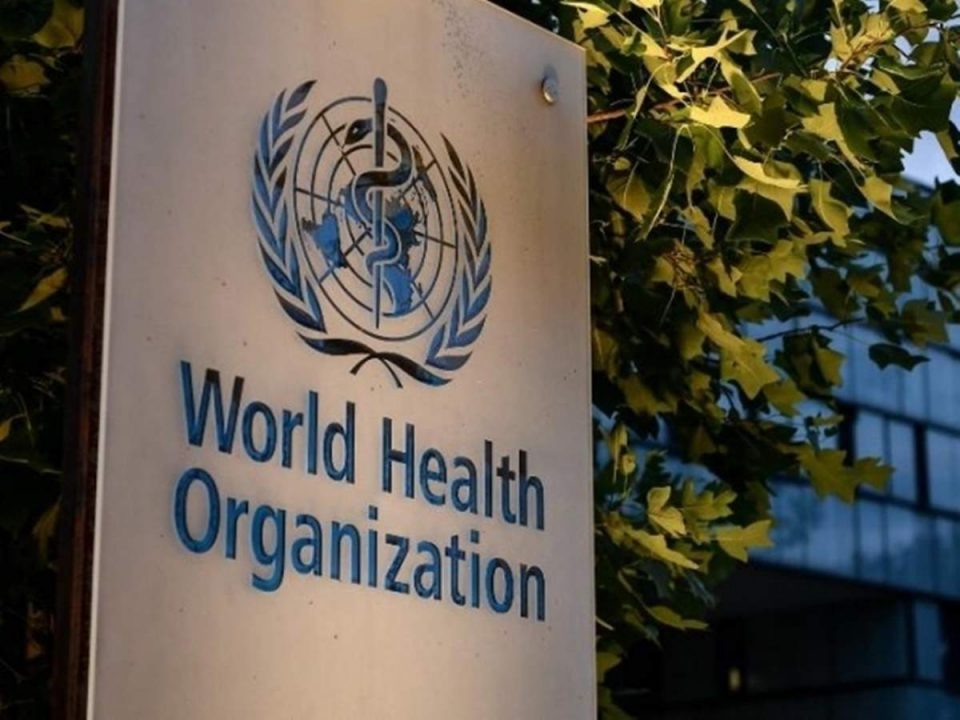The World Health Organisation (WHO) said on June 1 that only Delta variant of the Covid-19 which was first detected in India is now considered “of concern”, while two other strains had been downgraded. The B.1.617 variant of the virus, which has been the reason for India’s boom in the Covid-19 pandemic. The UN health agency last month declared the Delta variant of Covid a “variant of concern”.
“It has become obvious that public health risks are currently related with B.1.617.2, while lower rates of transmission of other variants have been observed,” the World Health Organization said in its weekly epidemiological update on the pandemic. The B.1.617.2 variant remains a concern, along with three other variants of the virus that are seen as more dangerous than the original version because they are more transmissible, deadly, or have the potential to get past some vaccine protections.
- L&T Shares Trade With Nominal Losses Despite Securing Orders
- Daily vs Weekly SIP: Which Can Supercharge Your Portfolio to the Million-Mark?
- Rail Vikas Nigam Shares Take a Hit Despite Rs 165 Crore Order
- Lupin Shares Gain 1% as Unit Receives EIR Status from USFDA
- Glenmark Unit Signs Exclusive NSCLC Drug Pact with Hansoh Pharma; Shares Drop 1%
In line with a decision announced on May 31 to refer to the variants using Greek letters, in a bid to avoid the possible stigmatization associated with referring to them with the name of the countries where they were first detected, that variant has now been dubbed Delta. “We continue to observe significantly increased transmissibility and a growing number of countries reporting outbreaks associated with this variant,” the UN agency said.
 Live
Live

